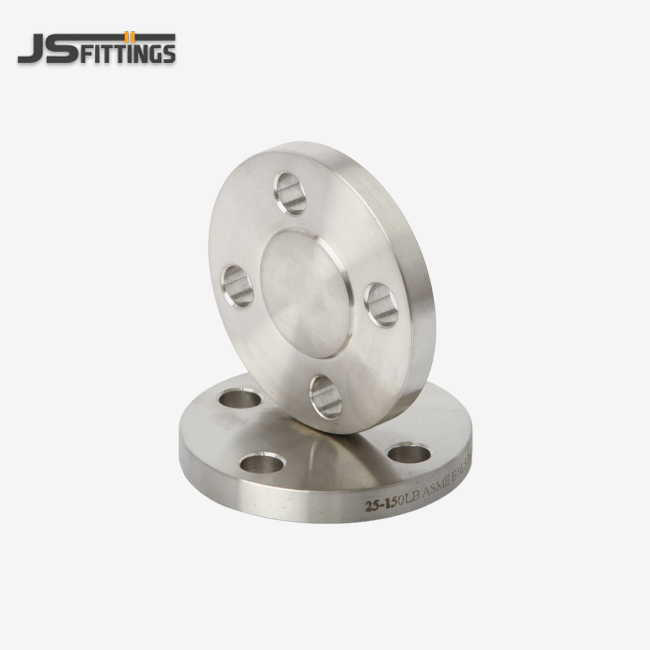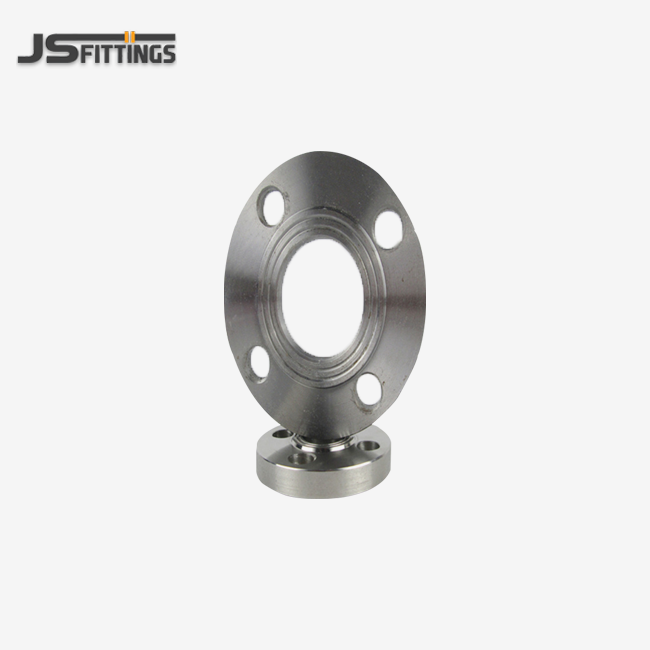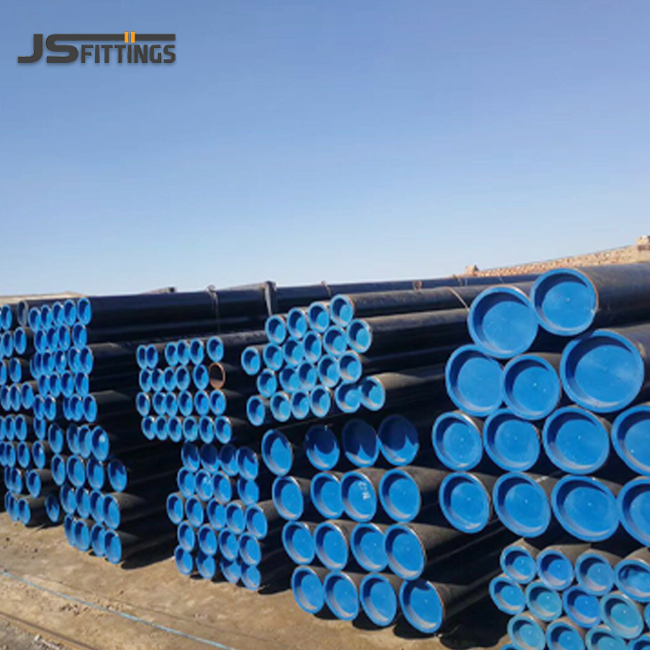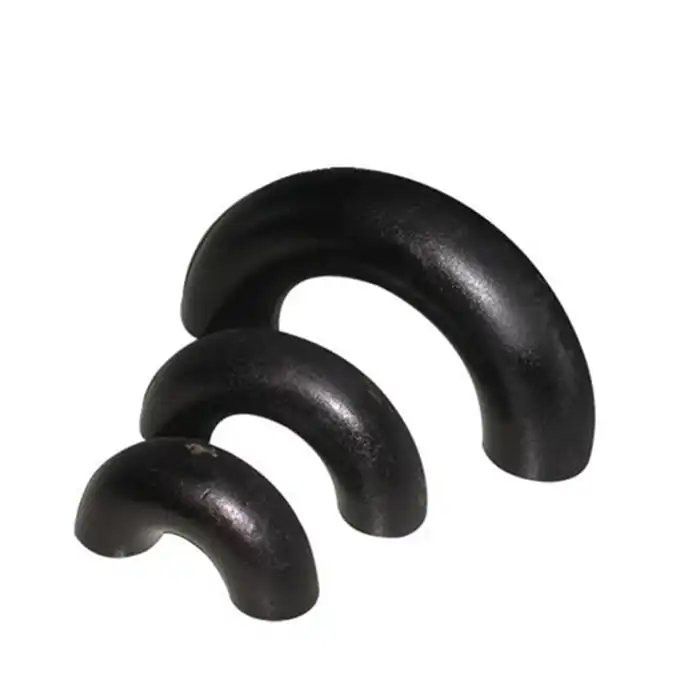It is very important for the safety, economy, and long life of chemical production plants to use the right pipe fittings. Among these critical components, custom butt weld cross pipe fittings play a crucial role in connecting multiple pipes and managing complex fluid flows. Managers and engineers of plants need to give these important parts a lot of thought before they decide what to do. Chemical compatibility, following safety rules, choosing the right materials, pressure and temperature ratings, and long-term dependability are all important factors to think about. By giving these things the most attention, experts may lower risks, improve plant performance, and make sure they follow industry rules. People who need to figure out how to make their business safer, more productive, and better all around will find this book very useful. That part tells them everything they need to know to choose good cross pipe fittings.
Material Selection Guide
To ensure optimal chemical compatibility, consider the following material options for cross pipe fittings:
-
Stainless Steel: Offers excellent resistance to a wide range of chemicals and is suitable for many applications in chemical processing plants.
-
Alloy Steel: Provides enhanced strength and corrosion resistance for specific chemical environments.
-
Carbon Steel: May be suitable for less corrosive applications when properly treated or coated.
-
Specialized Materials: For extreme chemical environments, consider advanced materials like Hastelloy or titanium.
Consult material compatibility charts and expert recommendations to make informed decisions based on your specific chemical processing needs.
Safety Standards: Compliance Checklist for Plant Managers
Ensuring compliance with safety standards is crucial when selecting and installing cross pipe fittings in chemical processing plants. To keep everyone safe at work, they need to know a lot about the rules and the best ways to do things in their field. Here is a full list of things to check to make sure you are following the rules:
Industry Standards and Certifications
Verify that the selected custom butt weld cross pipe fittings meet or exceed the following standards:
-
ASME B16.9 for butt-weld fittings
-
EN 10253 for European standards
-
GOST standards for specific regional requirements
-
ISO 9001 certification for quality management systems
-
PED 2014/68/EU for pressure equipment safety
Ensure that the manufacturer provides complete technical documentation and certifications for all fittings.
Pressure and Temperature Ratings
Cross pipe fittings, including custom butt weld cross pipe fittings, must be rated to withstand the maximum pressure and temperature conditions in your chemical processing plant. Consider the following:
-
Verify that the fittings' pressure class matches or exceeds system requirements
-
Ensure temperature ratings align with both normal operating conditions and potential extreme scenarios
-
Account for thermal expansion and contraction in material selection
Properly rated fittings help prevent leaks, ruptures, and potential safety hazards.
Installation and Maintenance Protocols
Develop and implement robust protocols for the installation and maintenance of cross pipe fittings:
-
Train personnel on proper installation techniques, including welding procedures for butt-weld fittings
-
Establish regular inspection schedules to identify signs of wear, corrosion, or potential failure
-
Document all maintenance activities and keep detailed records for compliance audits
-
Implement a system for tracking the lifespan and replacement schedule of critical fittings
By adhering to these protocols, plant managers can ensure the ongoing safety and reliability of their piping systems.
Innovative Materials Revolutionizing Chemical Plant Piping
The chemical processing industry is constantly evolving, and so are the materials used in piping systems. Cross pipe joints are safer, work better, and last longer thanks to new materials. Let's explore some cutting-edge options:
Advanced Alloys
New alloy formulations are pushing the boundaries of corrosion resistance and strength:
-
Super Duplex Stainless Steel: Offers exceptional resistance to pitting and crevice corrosion in harsh chemical environments
-
Nickel Alloys: Provide superior performance in high-temperature and highly corrosive applications
-
Titanium Alloys: Ideal for extreme chemical resistance and lightweight properties
These advanced alloys can significantly extend the lifespan of custom butt weld cross pipe fittings in challenging chemical processing conditions.
Composite Materials
Fiber-reinforced composites are gaining traction in chemical plant custom butt weld cross pipe fitting piping.
-
Fiberglass Reinforced Plastic (FRP): Offers excellent chemical resistance and lightweight properties
-
Carbon Fiber Composites: Provide high strength-to-weight ratios and corrosion resistance
-
Hybrid Composites: Combine multiple materials for optimized performance in specific applications
Composite fittings can offer unique advantages in terms of weight reduction, ease of installation, and resistance to a wide range of chemicals.
Surface Treatments and Coatings
Innovative surface treatments and coatings are enhancing the performance of traditional materials:
-
Nanocoatings: Provide ultra-thin, highly resistant layers that can improve corrosion resistance
-
Plasma-sprayed Coatings: Offer enhanced wear resistance and chemical protection
-
Fluoropolymer Linings: Create a barrier against aggressive chemicals while maintaining the strength of the base material
These advanced treatments can extend the life of cross pipe fittings and improve their resistance to challenging chemical environments.
In conclusion, while choosing cross pipe fittings for chemical processing facilities, you need to think carefully about how well they work with chemicals, safety regulations, and new materials. Plant managers and engineers can make sure that their pipe systems last a long time, are safe, and work well by putting these things first. You will need to stay up to date on the latest products and technology as the industry changes. You'll have more work to do and be able to choose better.
FAQ
1. What are the key factors to consider when choosing Custom Butt Weld Cross Pipe Fittings for chemical plants?
When selecting Custom Butt Weld Cross Pipe Fittings for chemical plants, consider chemical compatibility, pressure and temperature ratings, material quality, compliance with industry standards, and the manufacturer's reputation and certifications.
2. How often should cross pipe fittings be inspected in a chemical processing plant?
The frequency of inspections depends on the specific application and operating conditions. Generally, it's recommended to conduct visual inspections at least annually and perform more thorough examinations, including non-destructive testing, every 3-5 years or as specified by industry regulations.
3. Can Custom Butt Weld Cross Pipe Fittings be used in high-temperature chemical processes?
Yes, Custom Butt Weld Cross Pipe Fittings can be designed for high-temperature applications. However, it's crucial to select the appropriate material, such as high-grade stainless steel or specialized alloys, that can withstand the specific temperature range and chemical environment of your process.
4. What certifications should I look for when purchasing cross pipe fittings for a chemical plant?
Look for fittings that comply with industry standards such as ASME B16.9, EN 10253, and GOST. Additionally, ensure the manufacturer has ISO 9001 certification and, if applicable, PED 2014/68/EU approval. Certifications from recognized industry bodies like NIOC, ADNOC, or PETROBRAS can also indicate high-quality products.
Custom Butt Weld Cross Pipe Fitting Manufacturers and Suppliers | JS FITTINGS
As a leading manufacturer and supplier of custom butt weld cross pipe fittings, JS FITTINGS is dedicated to providing top-quality solutions for your chemical processing plant needs. We make a lot of different parts that meet the strictest standards in the business. This means they keep you safe when things get rough. Whether you require standard sizes or custom specifications, our team of experts is ready to assist you in finding the perfect fitting for your application. To discuss your specific requirements or request a quote, please don't hesitate to reach out to our knowledgeable sales team at admin@chinajsgj.com. Trust JS FITTINGS to deliver reliable, durable, and compliant cross pipe fittings that will enhance the efficiency and safety of your chemical processing operations.
References
1. Johnson, R.T. (2022). "Advanced Materials in Chemical Plant Piping: A Comprehensive Review." Journal of Chemical Engineering and Materials Science, 15(3), 78-92.
2. Smith, A.B. & Brown, C.D. (2021). "Safety Standards and Compliance in Chemical Processing Industries." Industrial Safety Quarterly, 42(2), 112-128.
3. Wang, L., et al. (2023). "Corrosion Resistance of Modern Pipe Fittings in Aggressive Chemical Environments." Corrosion Science and Technology, 58(4), 345-361.
4. Peterson, M.K. (2020). "Best Practices for Selecting and Maintaining Cross Pipe Fittings in Chemical Plants." Chemical Engineering Progress, 116(9), 45-52.
5. García-López, E. & Martínez-Sánchez, J. (2022). "Innovative Surface Treatments for Enhanced Chemical Resistance in Industrial Piping Systems." Surface and Coatings Technology, 437, 128-142.
6. Thompson, D.R. (2021). "Regulatory Compliance and Risk Management in Chemical Processing Facilities." Process Safety and Environmental Protection, 149, 78-91.




